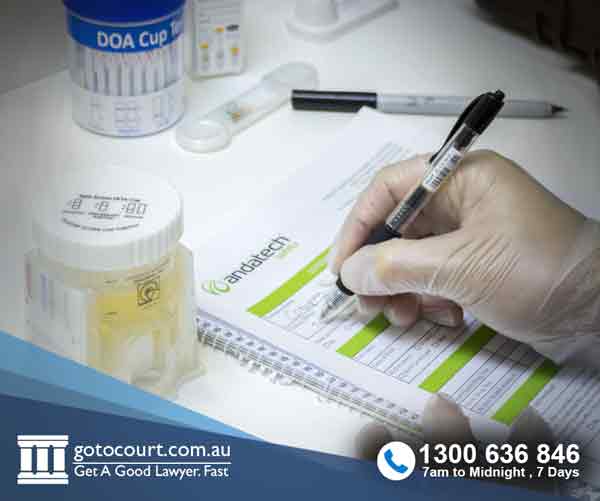Drink Driving Blood Tests in the Northern Territory
In the Northern Territory, police can require drivers to take part in breath tests to determine whether they have consumed alcohol. In some circumstances, police can also require a driver to take part in a blood test to confirm the presence of alcohol in their system. This article deals with drink driving blood tests in the Northern Territory.
Testing for alcohol in the blood
Under the Traffic Act 1987, police officers can require a driver to undertake a breath test or breath analysis to detect whether they have been driving under the influence of alcohol. This can be done on a random basis or because the police officer reasonably suspects the driver has committed a drink driving offence or has been involved in an accident.
If a driver cannot perform a breath test or breath analysis, or if the breath test indicates the presence of alcohol, the police officer can require the driver to attend a hospital or medical centre to take a sample of their blood to confirm the presence of alcohol in their system.
Testing for drugs in the blood
Police officers in the Northern Territory can require a driver to take a saliva test if they suspect they have committed an offence of driving under the influence of a prohibited drug (e.g. cocaine or methamphetamines). Police can also perform this test if a person has been involved in an accident.
Alternatively, a police officer can require a driver to give a blood sample. This can occur whether or not the person has taken a saliva test, whether or not it indicates the presence of drugs, and regardless of whether or not the person is capable of taking a saliva test.
Procedure for taking blood sample
If a driver is required to give a blood sample for testing, the police officer who makes the direction must arrange for the driver to have the sample taken at a hospital or a medical centre. The sample must be taken by a doctor, a registered nurse or a person who is qualified to take blood samples. However, a staff member can refuse to take a sample if it would be detrimental to the person’s medical condition, if the person suffered injuries in a car crash more than 12 hours earlier, if the level of alcohol in the person’s blood is already known, or if four hours has passed since the person got to the hospital or medical centre.
A blood sample can also be taken from any person who is over 15 years old and who goes to a hospital or medical centre for treatment after being in a crash (including from persons who are unconscious or otherwise cannot consent to having a sample of their blood taken). If a person is taken to a hospital, the sample must be taken as soon as possible and roughly half of it should be made available to the person from whom it was taken.
Offence for refusing to give blood
If you are required to have a blood sample taken, it is an offence to refuse to comply with a police officer’s arrangements to take you to a hospital or medical centre for taking the sample. It is also an offence to not give a sufficient sample of your blood for analysis.
The maximum penalty for a first offences is 10 penalty units or 12 months imprisonment (for a first offence).
However, if you have a prior conviction for drink driving, driving with prohibited drugs in your blood or refusing to take a breath test or give a sample of blood before, the maximum penalty is increased to 20 penalty units or 12 months imprisonment.
You will also be automatically disqualified from driving for 12 months or, if you have previously committed another drug or alcohol related driving offence, for up to five years.
Defences
A person who is charged with refusing a blood test has a legal defence if doing so might have been detrimental to their medical condition.
Blood samples as evidence
The results of a blood sample can be used as evidence of a drink driving offence. However, they cannot be used as evidence for proceedings under the Misuse of Drugs Act 1990.
If a blood sample was obtained but the rules for doing so were not complied with, the sample may be found to be inadmissible as evidence.
If you require legal advice or representation in any legal matter, please contact Go To Court Lawyers.




